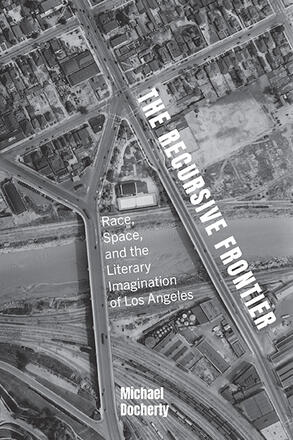
The Recursive Frontier
Race, Space, and the Literary Imagination of Los Angeles
Alternative formats available from:
Shows how the myth of the American frontier persists as an ever-present, oppressive set of ideas about space, mobility, and race in the mid-twentieth-century literature of Los Angeles.
Description
The Recursive Frontier is an innovative spatial history of both the literature of Los Angeles and the city itself in the mid-twentieth century. Setting canonical texts alongside underexamined works and sources such as census bulletins and regional planning documents, Michael Docherty identifies the American frontier as the defining dynamic of Los Angeles fiction from the 1930s to the 1950s. Contrary to the received wisdom that Depression-era narratives mourn the frontier's demise, Docherty argues that the frontier lives on as a cruel set of rules for survival in urban modernity, governing how texts figure race, space, mobility, and masculinity. Moving from dancehalls to offices to oil fields and beyond, the book provides a richer, more diverse picture of LA's literary production during this period, as well as a vivid account of LA's cultural and social development as it transformed into the multiethnic megalopolis we know today.
Michael Docherty is Postdoctoral Assistant Professor in the Department of American Studies at the University of Innsbruck, Austria.
Reviews
"The Recursive Frontier offers a richly detailed and carefully researched literary history of Los Angeles. By taking the notion of the frontier as a formative border zone into the city's varied environments, Docherty illuminates the quotidian rhythms of work and leisure and maps the spaces where domestic, private, public, and imaginary lives are lived. This eloquent study both adapts older paradigms of white masculinity and rewrites narratives of self-transformation at the core of frontier ideology in new urban contexts." — Audrey Goodman, author of A Planetary Lens: The Photo-Poetics of Western Women's Writing